Saluki Athletes said support networks are key to battling mental health issues
Southern Illinois University at Carbondale student athletes confront mental health issues such as sleepless nights, financial anxiety and dreams deferred. They are hoping to break down mental health stigmas by sharing their experiences and asking their fans to remember they are students under pressure just like anyone else.
For Kare Lyles, mental health struggles stemmed from physical injuries.
Lyles, a former SIU-C quarterback from 2019 to 2021, was the Saluki’s starter for the majority of the 2019 season and was named one of the captains of the team.
Advertisement
Lyles was having a productive season until he got injured in the second quarter of a game against North Dakota. After that, he rushed himself back to play before he was ready, and was benched the remainder of the year.
At the end of the season, Lyles was sat down by SIU-C’s coaching staff and told that he wouldn’t be playing for the Salukis anymore.
Playing football was his dream.
“I’ve faced a lot of struggles during this summer including the regret, the negative connotations that you get from mental health.” he said.
This was one of the lowest moments of his life, Lyles said. But, he understood he needed to stay positive and surround himself with an incredible support group.
“Needless to say, the biggest reason I’m here today is because of my support system and I am blessed with that support system.”Lyles said, “A lot of people don’t have that, and that’s a sad thing in this world.”
Lyles’ support network helped him get to the point he is now at Jackson State University, being coached by Hall of Fame cornerback Deion “Primetime” Sanders.
Advertisement*
“For the remainder of May, June, July and August, I was by myself, not with a team.” Lyles said, “But my outlook and my perspective, and my willingness to keep on working, and that constant voice in my ear that told me, ‘something great will come out of this’, gave me the opportunity to then go to Jackson State.”
Current 6th-year defensive tackle Jajuan Blankenship also battled injury-related mental health issues while at SIU-C.
He suffered both a torn tricep and a torn quad, both of which, he said, were very hard for him to go through.
“Just before I tore my quad, I tore my tricep, and I’ve done all that all in the same year. So mentally, it can easily take you on a rollercoaster,” Blankenship said.
Blankenship, like Lyles, said he would not have made it through his injuries without support.
“Our coaches are always there for us to talk to, not even just my position coach, but whoever,” Blankenship said, “They take the mental stuff very seriously. So, there’s an avenue that, anything you’re going through mentally, they will try and help us as much as they can.”.
Olivia Garner, a junior track and field athlete, said her mental stress arose from juggling team practices 20-40 hours per week, along with school work. She feels her hard work for school crammed into limited hours goes unrecognized.
“Regardless of how well I’m doing in school, track matters more,” Garner said. “My coaches don’t even recognize that I’ve been on Dean’s List since my freshman year.”
Garner said she is faced with constant pressure to win races, or could risk losing her scholarship.
“I have been told if I didn’t make top 8, the head coach might not give me my full scholarship,” Garner said. “The pressure makes me feel anxious, and nights before I run I can’t sleep.”
Uriel Tejeda, a senior swimmer and diver, said he wished the university offered specific counseling or other mental health resources for athletes.
“Especially this year, many people have gone through such difficult times that there definitely needs to be someone for athletes specifically. This can really change the outcomes of our athletes’ performances. I think it’s a necessity,” Tejeda said.
He said he believes social connection is one of the most important aspects of good mental health among teammates. He said he does not believe there is enough diversity education within SIU-C athletics, so people may feel excluded.
“I believe athletes need to get more educated in problems with race and diversity, rape, sexuality, etc. because there would be less exclusion all around and better teams overall,” Tejeda said. “I also believe athletes need to get to know each other more. There should be Saluki Athletics events specifically for athletes to get closer.”
COVID-19 has presented a challenge all across the board, and athletes have suffered from lack of access to gyms, lack of practice time and general lack of social connection with teammates.
Tejeda said he encourages all of his fellow student athletes to take care of themselves first and value their physical and mental health equally.
“Meditate, write down goals on a mirror and say them out loud every single day,” Tejeda said. “Eat healthy, drink lots of water, stay optimistic, sleep well and get school done. All of this is way easier said than done but starting off with a couple will go a long way.”
Sports Reporter Cole Daily can be reached at [email protected]
Staff reporter Elena Schauwecker can be reached at [email protected].
To stay up to date with all your southern Illinois news, follow the Daily Egyptian on Facebook and Twitter.
Advertisement





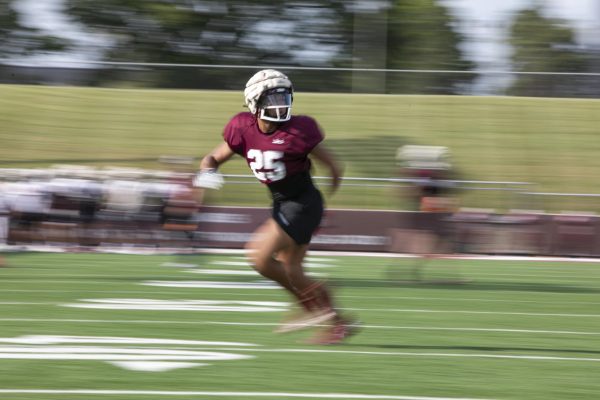
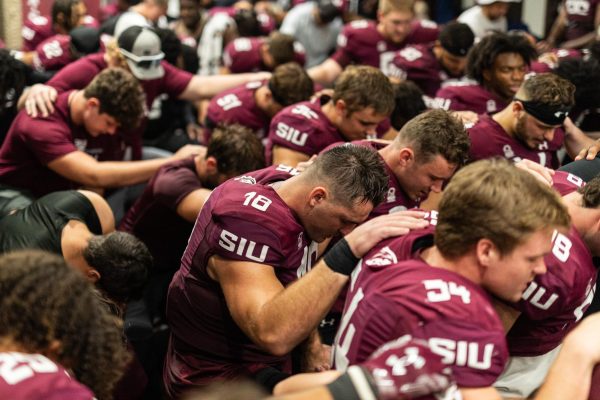
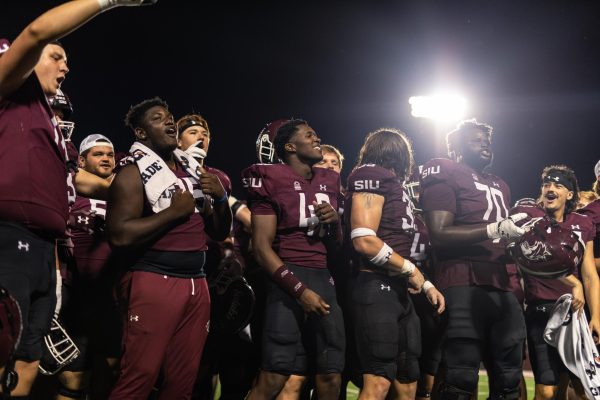
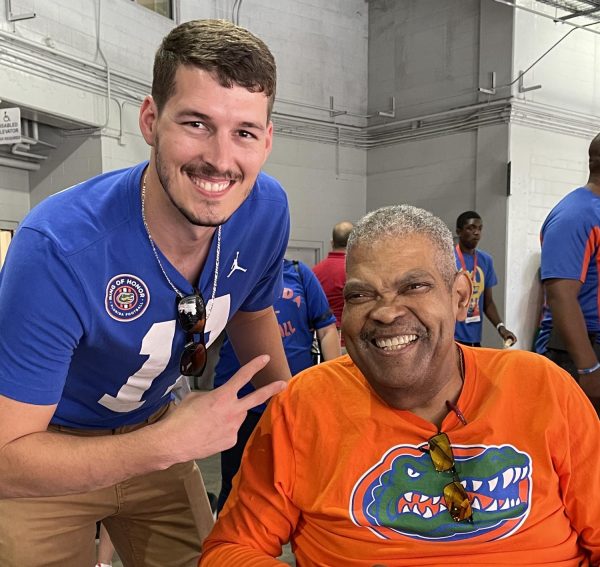
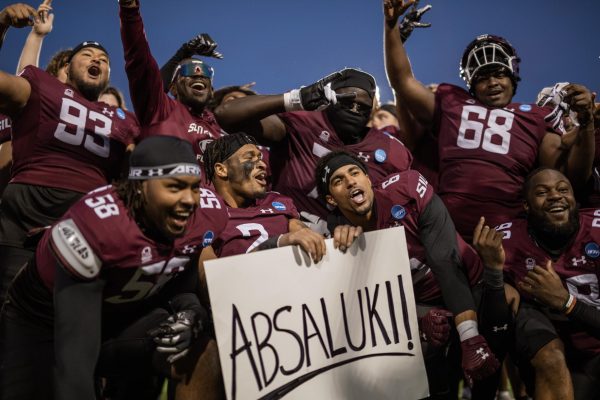
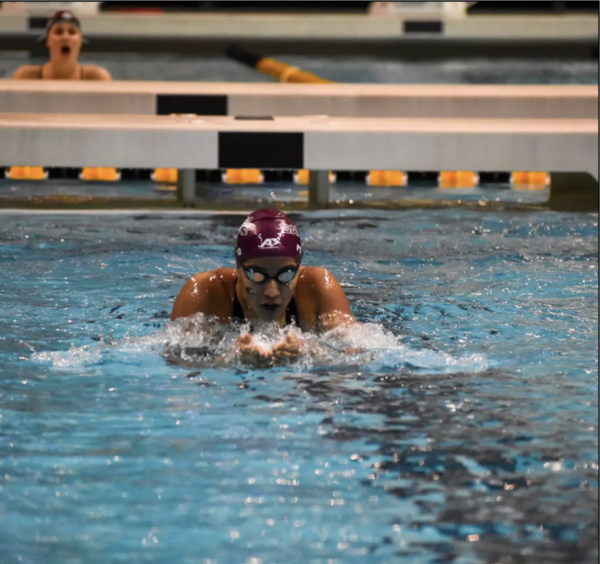

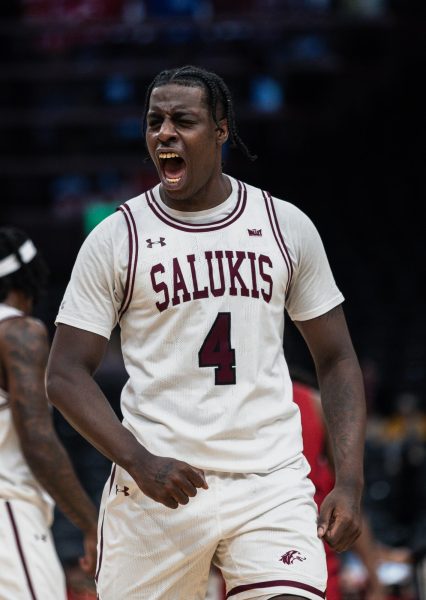
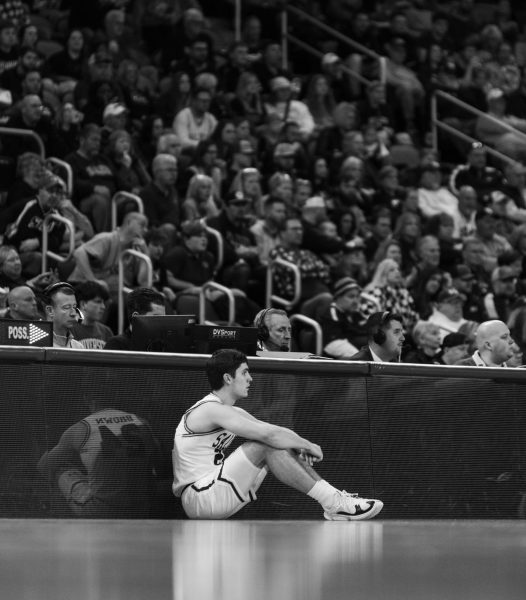

Harold A Maio • Sep 3, 2021 at 10:21 am
—-They are hoping to break down mental health stigmas by sharing their experiences and asking their fans to remember they are students under pressure just like anyone else.
What I learned from you sentence: You have been taught to s a y there is a stigma to mental health issues. Have you any idea where or when? Or why? What prompted someone to place that prejudice in your mind, what prompted you to accept it?
Harold A Maio, retired mental health editor